
European and Arab leaders are to hold their first summit Sunday, in what the top EU diplomat sees as a chance to boost cooperation across a troubled Mediterranean region.
President Abdel Fattah al-Sisi will host the two-day summit in Egypt's Red Sea resort of Sharm el-Sheikh to discuss topics like security, trade, development and migration.
Wars and conflicts in places such as Syria and Libya are on the agenda at a summit guarded by the security forces who are fighting a bloody jihadist insurgency a short distance to the north.
But analysts voiced doubts over how much progress can be made, with Europe split over migration and Arab countries still grappling with the fallout from Arab Spring revolutions.
European leaders first mentioned the summit in Austria in September amid efforts to agree ways to curb the illegal migration that has sharply divided the 28-nation bloc.
But checking migration is just part of Europe's broader strategy to forge a new alliance with its southern neighbours.
EU foreign policy chief Federica Mogherini insists that the gathering in Egypt of more than 40 heads of state and government is about much more than migration.
"We will have frank, open discussions, not only on migration, definitely not," Mogherini told journalists in Brussels on Monday.
"We will have first of all discussions on our economic cooperation, on our common region," said the former Italian foreign minister who will travel to the desert resort.
"That is a troubled region but also full of opportunities."
Attending will be Donald Tusk, president of the European Council of EU member countries, and Jean-Claude Juncker, the president of the European Commission, the EU's executive arm.
A senior EU official told journalists in Brussels that 24 European heads of state and government have confirmed their attendance.
These include German Chancellor Angela Merkel, British Prime Minister Theresa May and Irish Prime Minister Leo Varadkar.
No Brexit 'deal in desert'
Not attending are French President Emmanuel Macron and Spanish Prime Minister Pedro Sanchez, along with the leaders of Lithuania and Latvia, EU sources added.
Apart from Sisi, Lebanese Prime Minister Saad Hariri will attend from the 22-member Arab League, based in Cairo. The Tunisian and Iraqi presidents are also expected.
A UN official warned that Europe's failure to bridge divisions on migration "risks blocking all the other discussions" at the summit.
"How do you discuss an issue if you can't even mention it!" the official told AFP on condition of anonymity.
He said EU countries like Hungary refuse to mention migration because they oppose asylum seekers and migrants, particularly from Muslim countries.
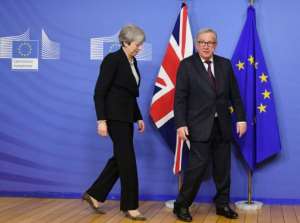 Talk could turn to Brexit at the Arab-EU summit in Egypt, but there is little hope for a 'deal in the desert'. By EMMANUEL DUNAND (AFP)
Talk could turn to Brexit at the Arab-EU summit in Egypt, but there is little hope for a 'deal in the desert'. By EMMANUEL DUNAND (AFP) The EU has struck aid-for-cooperation agreements with Turkey and Libya's UN-backed government in Tripoli, which has sharply cut the flow of migrants since a 2015 peak.
But the official said broader cooperation with the Arab League, which includes Libya, is limited without the EU being able to speak in one voice.
Marc Pierini, a former EU ambassador to Tunisia and Libya, said the summit will struggle "to establish a dialogue between two sides who are confronted with their own challenges".
The meeting comes as "the Arab countries are still feeling the effects of the revolutions started in 2011", Pierini told AFP.
"Arab League unity is in trouble," said Pierini, now an analyst with the Carnegie Europe think tank.
An EU source said there will "be no deal in the desert" when asked if EU leaders would huddle together to explore ways to break the logjam over Britain's looming exit from the bloc on March 29.
"This is a summit between the EU and the Arab states," the source told journalists on condition of anonymity.
The EU has stood united against May's requests to reopen the November divorce agreement in order to help it pass the British parliament.
However, the issue is likely to come up when Tusk holds a one-to-one meeting with May in Sharm el-Sheikh.
An EU source said the first EU-Arab summit is all the more important as the United States disengages from the region while Russia and China make inroads, "not necessarily in our interests".
Mogherini said Monday: "It has always looked strange to me that the European Union had summits with Latin America, with Africa, with Asia, and not with the Arab world that is our first neighbour."
Read Full Story
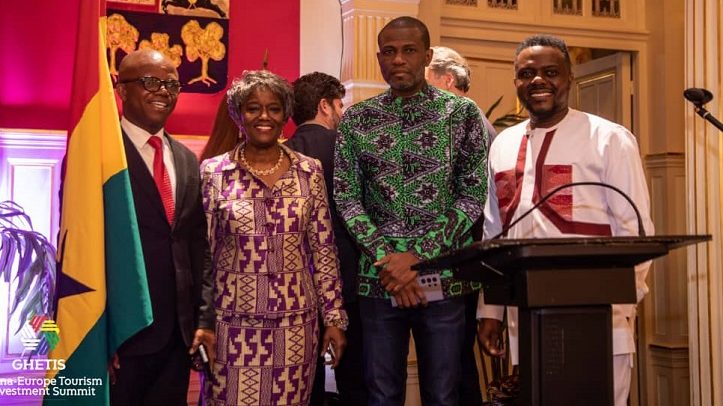
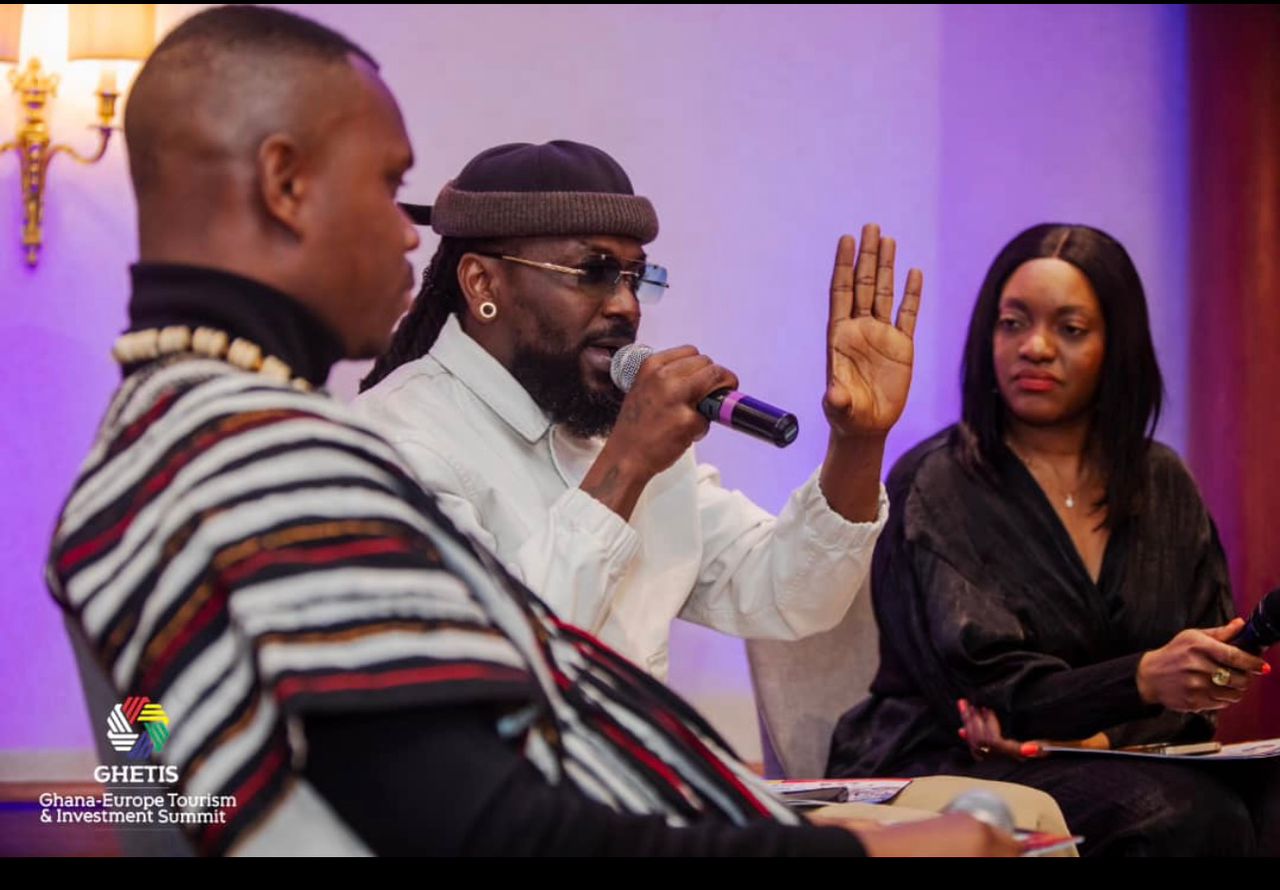

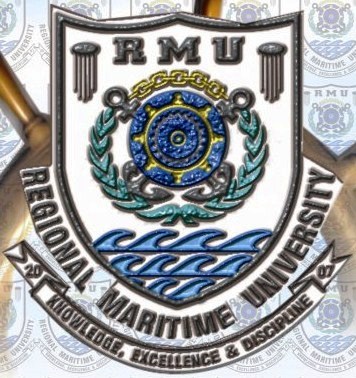
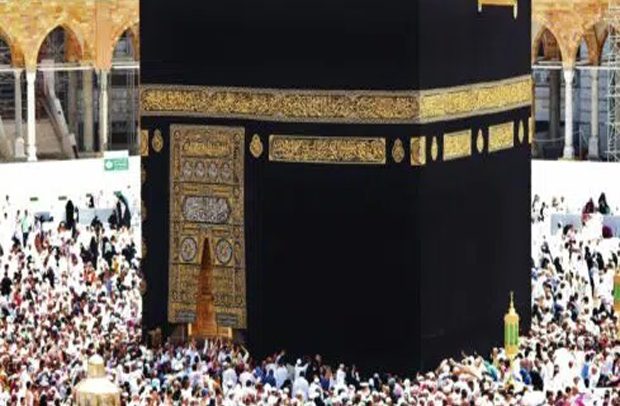
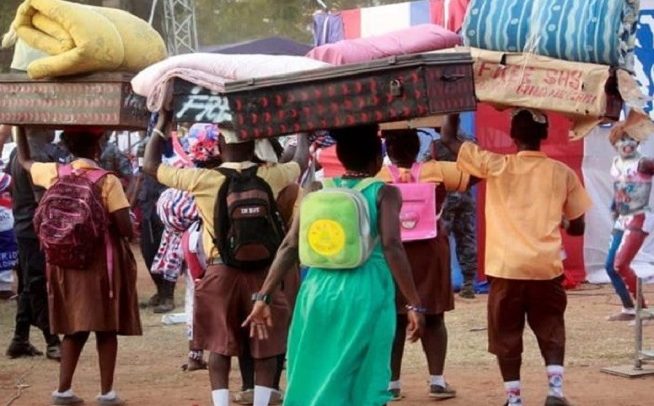
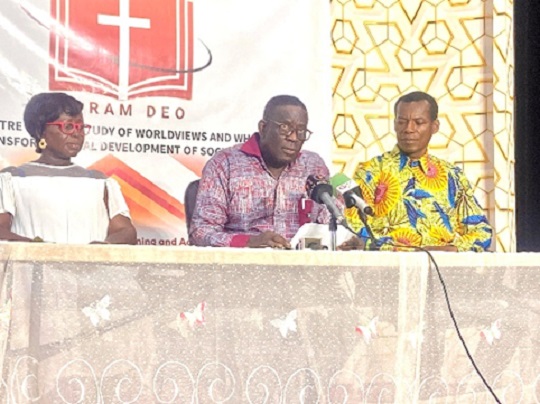









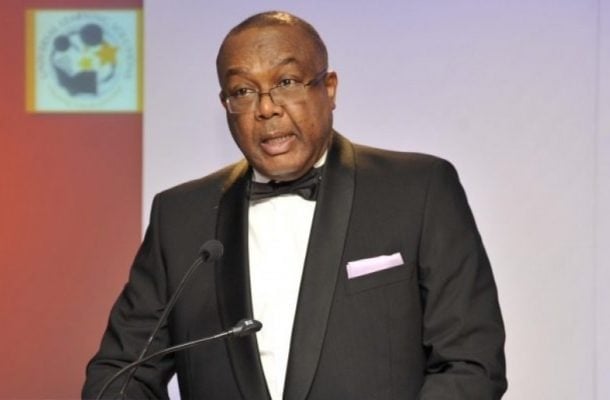



Facebook
Twitter
Pinterest
Instagram
Google+
YouTube
LinkedIn
RSS